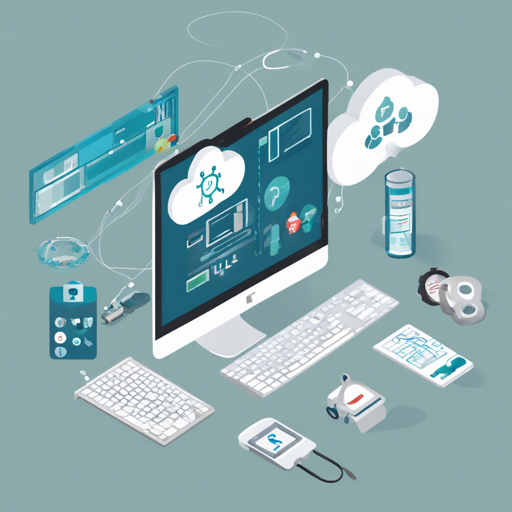OpenMRS, designed as a patient-centered medical record system, revolutionizes how healthcare providers manage patient data in resource-constrained settings. Building and deploying OpenMRS can be a straightforward process if you follow the right steps. This guide will provide you with everything you need to get OpenMRS up and running.
Table of Contents
- Build
- Docker Build
- Navigating the Repository
- Software Development Kit
- Extending OpenMRS with Modules
- Documentation
- Contributing
- Issues
- Community
- Support
- License
Build
Prerequisites
Before diving into the build, ensure you have the necessary prerequisites:
- Java: OpenMRS functions on Java. Install JDK version 8 or higher.
- Maven: This build tool is essential. Make sure to configure Maven to use the correct JDK via
mvn -version. - Git: Install Git to clone the OpenMRS repository with the command
git clone https://github.com/openmrs/openmrs-core.git.
Build Command
Once prerequisites are complete, run the following command:
cd openmrs-core
mvn clean packageThis will compile the OpenMRS application and generate a webapp/target/openmrs.war file for deployment.
Deploy
For development, deploy the application in Jetty using:
cd openmrs-core/webapp
mvn jetty:runAccess OpenMRS at localhost:8080/openmrs.
Docker Build
For those familiar with Docker, building OpenMRS in a container is a smooth process:
Start by executing:
docker-compose buildTo build a production version:
docker-compose -f docker-compose.yml buildThen run it with:
docker-compose -f docker-compose.yml upFor debugging, connect to port 8000 in your IDE, although code changes will require a full restart of the container.
Navigating the Repository
Understanding the project structure is crucial. Here’s how it is organized:
- api: Contains Java and resource files for the API.
- tools: Meta code used during compilation and testing.
- web: Java and resource files for the web application.
- webapp: Files for building the WAR file.
- pom.xml: The main Maven configuration file for packaging.
Software Development Kit
You can enhance your development process with the OpenMRS SDK.
Extending OpenMRS with Modules
OpenMRS follows a modular architecture for extensibility. Before creating a new module, check the OpenMRS Module Repository to see if existing modules suit your needs.
Documentation
Developer Guides
Resources to aid new contributors:
Wiki
For detailed installation and contribution guides, refer to the OpenMRS Wiki.
Website
Learn more about OpenMRS as an organization by visiting OpenMRS Website.
Contributing
Contributions are vital for OpenMRS. Follow the contributing guidelines to get started. Here are a few areas you can contribute:
- Code: Work on an introductory issue.
- Code Reviews: Help review pull requests.
- Translation: Assist with multilingual support via Transifex.
Issues
If you encounter any bugs or issues, please report them on the OpenMRS Issues Page.
Community
Engage with the OpenMRS community through various platforms like OpenMRS Talk and OpenMRS IRC.
Support
Need help? One great place to start is the OpenMRS Talk forum.
License
OpenMRS is licensed under MPL 2.0 w HD.
Troubleshooting
While building and deploying OpenMRS, you may encounter some issues. Here’s how you can troubleshoot:
- Java Compatibility: Ensure that the correct Java JDK version is installed and configured properly.
- Maven Issues: Check your Maven settings if the build fails. Use the command
mvn -versionto verify Maven is pointing to the correct Java JDK. - Deployment Errors: If you face issues deploying the application, look carefully at the console output for errors and warnings.
For more insights, updates, or to collaborate on AI development projects, stay connected with fxis.ai.
At fxis.ai, we believe that such advancements are crucial for the future of AI, as they enable more comprehensive and effective solutions. Our team is continually exploring new methodologies to push the envelope in artificial intelligence, ensuring that our clients benefit from the latest technological innovations.

